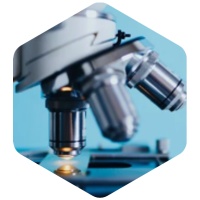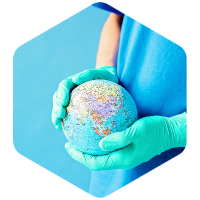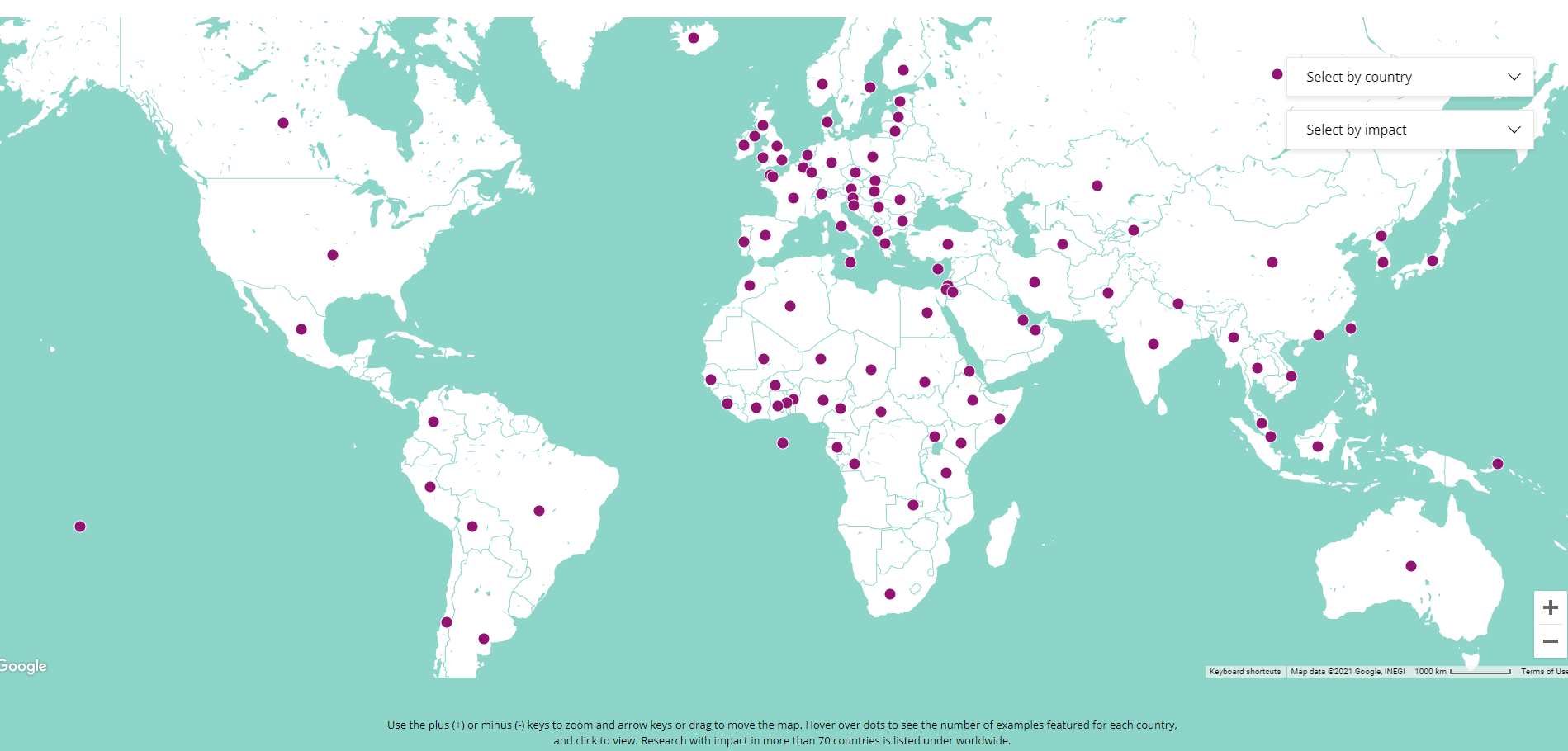Biology is a constant struggle between pathogens that seek to exploit the resources of their hosts, and host immune systems that seek to prevent this. Over 80 leading scientists in the Infection and Immunity Research Theme study multiple facets of infection and immunity, ranging from the functions of individual host or pathogen proteins, and of specific immune cells in the body, through to population-scale studies of infectious disease spread. This research contributes to some of the biggest questions we face in the 21st century: Can we prevent the next pandemic before it occurs? Can malaria and tuberculosis be consigned to the history books? How can we harness the immune system to fight diseases like cancer? Research by Infection and Immunity Theme members will provide fundamental insights into immune system function and the biology of pathogens, underpinning the development of new therapies to improve human and animal health, and helping safeguard the crops on which we depend.
Current areas of focus include: Understanding the Immune System to Treat Disease; Changing Pathogens in a Changing World; The molecular interface between pathogens and hosts.
Grand Challenge Topics
Seeing infection through a new lens
The ability to visualise host-pathogen interactions across multiple scales, from individual molecules to whole organisms, unlocks unprecedented opportunities for breakthroughs in our basic understanding of infectious disease biology. However, working with the live human or animal pathogens also brings unique challenges. By sharing experiences, skills and resources, researchers in Cambridge are redefining what is possible in infections disease imaging and illuminating novel biological processes that can be targeted for the development of next-generation therapies. Read more
Changing pathogens in a changing world
Growing human populations, environmental shifts and increasing international movement are the recognisable features of our changing world, and are contributing factors to the emergence, resurgence, and redistribution of many infectious diseases. Cambridge researchers are working across disciplinary boundaries to understand how pathogens are responding to our changing world. Working collaboratively and in partnership with affected communities, we will deliver effective strategies to protect our planetary health and the global community across future generations. Read more
Recent Discoveries
Highly antibiotic-resistant strain of MRSA that arose in pigs can jump to humans
A new study from the Department of Veterinary Medicine has found that a highly antibiotic-resistant strain of the superbug MRSA – methicillin resistant Staphylococcus aureus – has emerged in livestock in the last 50 years, probably due to widespread antibiotic use in pig farming.
The strain, called CC398, has become the dominant type of MRSA in European livestock in the past fifty years. It is also a growing cause of human MRSA infections. The study found that CC398 has maintained its antibiotic resistance over decades in pigs and other livestock. And it is capable of rapidly adapting to human hosts while maintaining this antibiotic resistance. The results highlight the potential threat that this strain of MRSA poses to public health. Read
Wider Impact
Shaping WHO meningitis guidelines
Meningitis is a serious infection that causes swelling of the meninges, the membranes surrounding the brain and spinal cord.
Caroline Trotter was engaged by the World Health Organization (WHO) as a trusted advisor to help tackle the challenge of meningitis on the African continent. Epidemiological modelling of vaccine strategies using MenAfriVac® to control bacterial meningitis group A, widely found in sub-Saharan Africa, was undertaken at the University of Cambridge. Trotter’s contributions led to the successful introduction of the vaccine into routine immunisation schedules, supported by a ‘catch-up’ campaign. Read
Theme Leads
Theme Members
A - F
James Ajioka
Andrew Blagborough
John Doorbar
Ming-Qing Du
Gillian Fraser
G - O
Nick Gay
Richard Hayward
Jonathan Heeney
Kate Hughes
Adrian Kelly
Vassilis Koronakis
Ian McCrone
P - W
Uta Paszkowski
Milka Sarris
Wilhelm Schwaeble
Derek Smith
Geoffrey Smith
Elizabeth Soilleux
Nancy Standart
Laurence Tiley
Caroline Trotter
Shona Wilson












